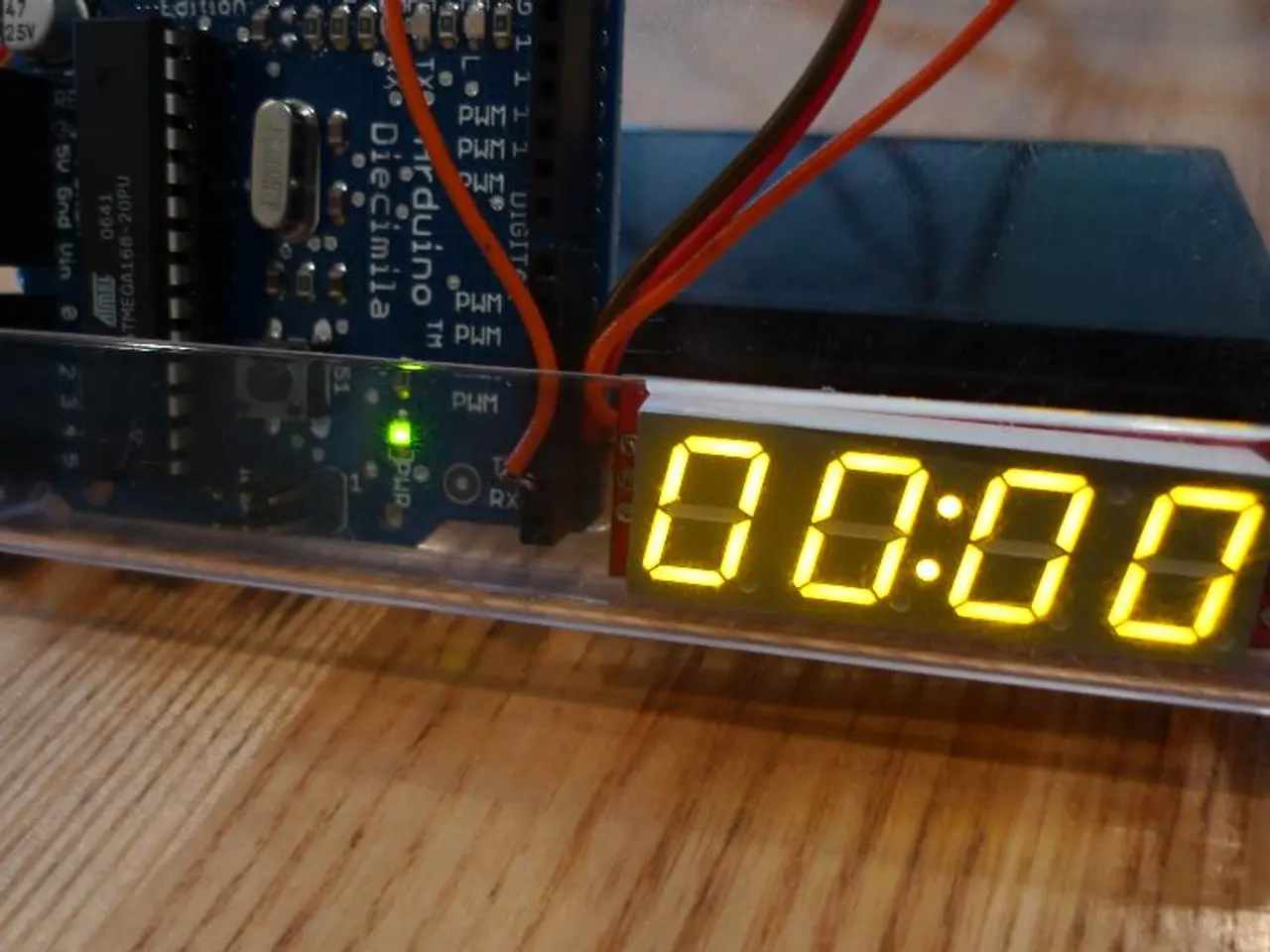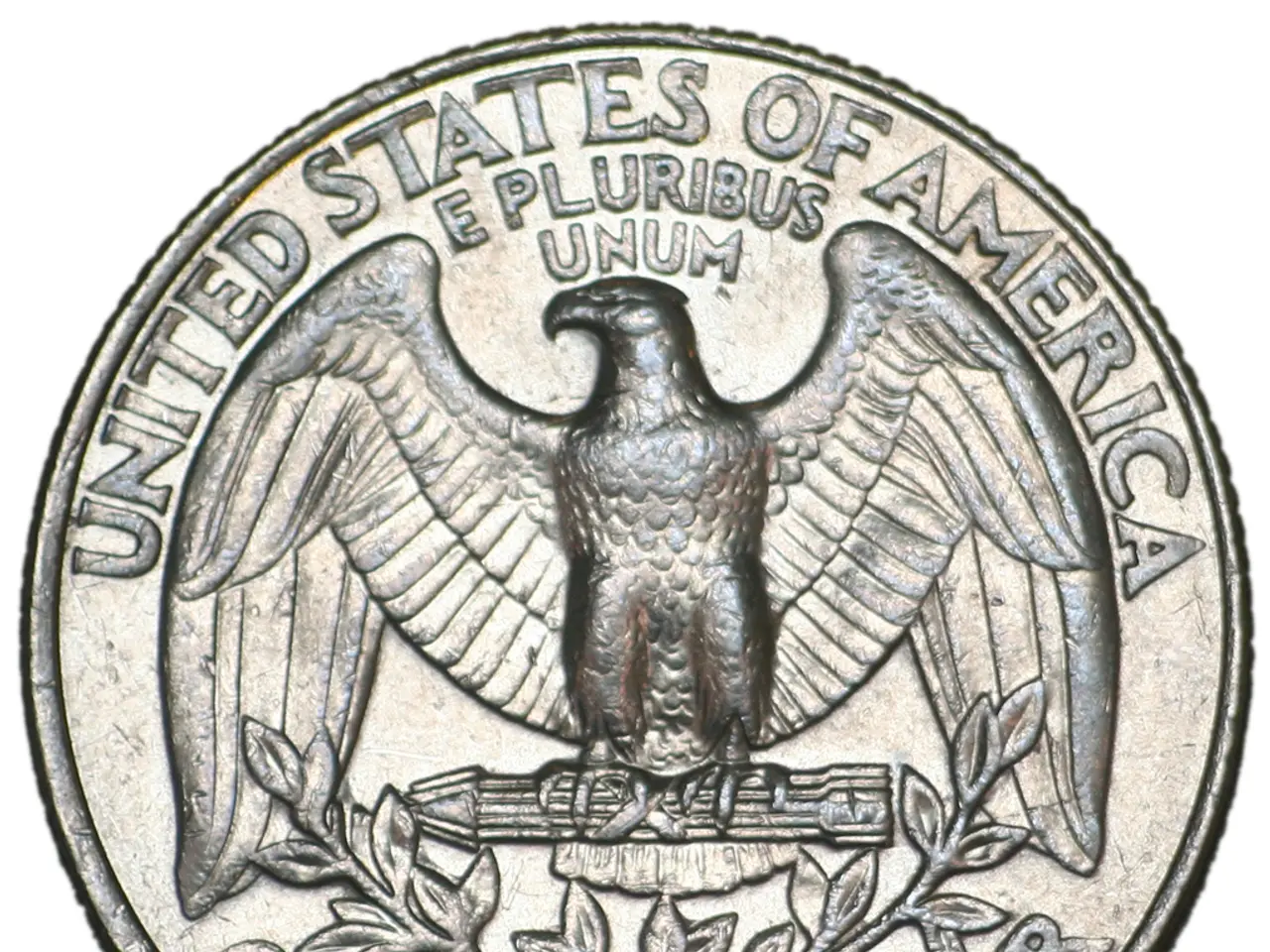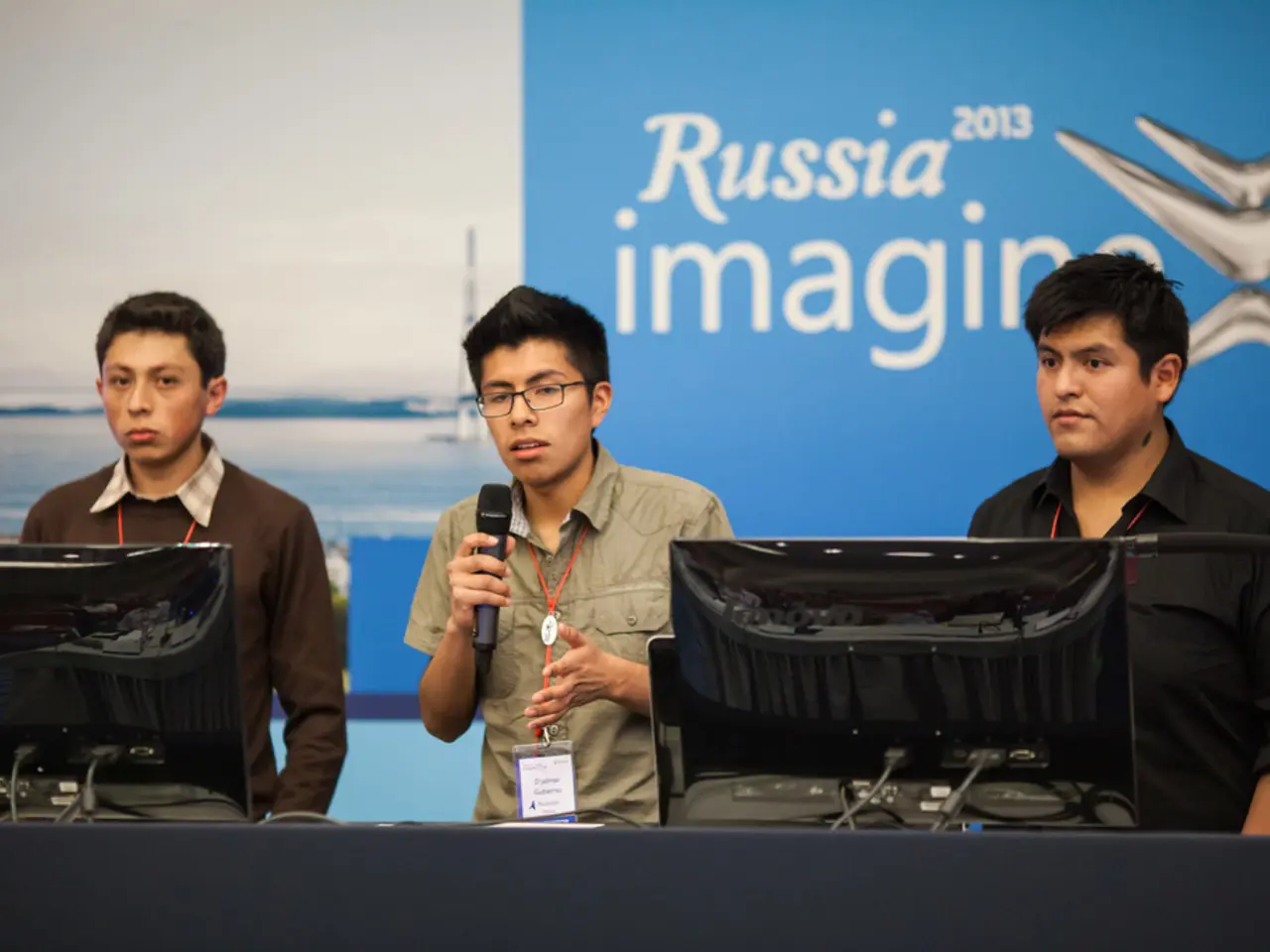Evidence Valid or Debacle Unraveled?
Mike Lindell, the MyPillow CEO, has been at the centre of a storm of criticism over his Lindell Cyber Symposium, which took place in South Dakota in 2021. The event was billed as a presentation of "irrefutable evidence" that the 2020 presidential election was manipulated or fraudulent, with claims of Chinese interference.
However, the symposium has been met with scepticism and ridicule from cybersecurity experts. Harri Hursti, a well-respected cyber expert, described the evidence presented as a "pile of nothing" with no credible proof of election fraud.
Lindell offered a $5 million challenge to anyone who could prove that the datasets he presented at the symposium were not authentic election data. Software developer Robert Zeidman accepted the challenge and produced a detailed report refuting the authenticity of Lindell's data. An arbitration panel, including an arbitrator appointed by Lindell, ruled unanimously that Zeidman had met the challenge conditions and awarded him the $5 million.
However, Lindell appealed the ruling, and in July 2025, the U.S. Court of Appeals ruled in his favour. The court did not validate Zeidman's evidence, but rather ruled that the arbitrators had exceeded their authority by interpreting the contest rules beyond their plain language. The court instructed the lower court to vacate the $5 million award.
The controversy surrounding the Lindell Cyber Symposium also stems from the credibility of Dennis Montgomery, the ultimate source of Lindell's information. Montgomery is a controversial figure who has claimed insider knowledge of election interference and surveillance programs. However, Montgomery’s claims have been widely disputed and lack independent verification, contributing to skepticism about the reliability of any data or narratives originating from him.
In summary, the controversy arises because Lindell's symposium failed to provide verified evidence of election fraud, independent experts discredited his data, a legal battle over a $5 million authenticity challenge exposed procedural and evidentiary weaknesses, and the underlying source, Dennis Montgomery, lacks established credibility. These factors collectively undermine the legitimacy of Lindell’s claims and the cybersecurity evidence he presented.
- Despite Mike Lindell's continuous assertions of Chinese interference in the 2020 presidential election, the lack of credible proof at the Lindell Cyber Symposium has led to widespread skepticism.
- The financial aspect of the controversy comes into play as a US Court of Appeals ruling overturned a $5 million award given to software developer Robert Zeidman, who refuted the authenticity of Lindell's data presented at the symposium.
- The credibility of the entire situation, including the claims of election fraud, is further compromised due to the questionable background of Dennis Montgomery, the ultimate source of Lindell's information, whose past claims have been disputed and lack independent verification.




